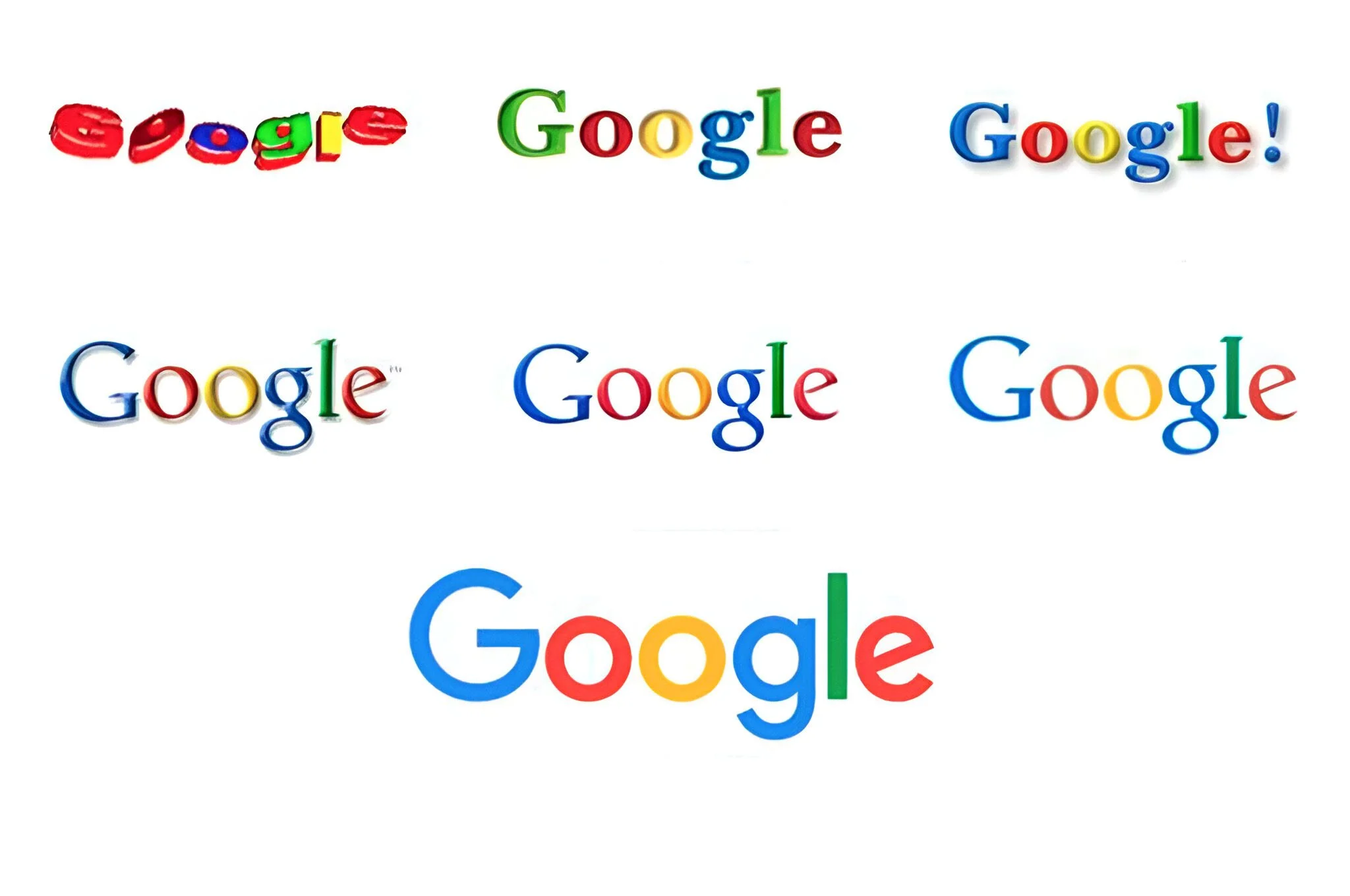Is Google Evil? Federal Judge Amit Mehta thinks so.
“Google has exercised its monopoly power by charging supra-competitive prices for general search text ads,” writes Mehta.
For years, we've watched Google dominate the search engine landscape, becoming synonymous with internet searches themselves. But recently, a federal judge dropped a bombshell: Google isn't just big; it's illegally big.
Judge Amit Mehta's ruling confirmed what many of us in the digital advertising world have long suspected. Google has been operating as a monopoly, actively quashing competition to maintain its iron grip on the search market. This isn't just about being the biggest player in the game; it's about rigging the game itself.
Let's break it down:
1. Default Domination: Google struck deals with device manufacturers and browsers to be the default search engine. It's like owning all the prime real estate in Monopoly before the game even starts.
2. Innovation Suffocation: As Judge Mehta pointed out, monopolies harm innovation. Think about it - what groundbreaking search technologies might we have seen if Google hadn't effectively locked out the competition? We'll never know, because Google made sure other players couldn't even get a seat at the table.
3. The Price of Power: With no real competition, Google has been charging "supracompetitive prices" for search ads. In plain English, that means they've been overcharging because they can. There's virtually no one else for advertisers to turn to.
Imagine a world where advertisers had multiple robust platforms to choose from, each vying for our business with better control, transparency, pricing and usability. Instead, we've been stuck with Google's 'take it or leave it' approach, forced to play by their rules and pay their inflated prices. Google has spent the last 14+ years building a less-transparent, harder-to-use ads platform that favors Google over its advertisers.
Let’s hope this case is the start of something better for advertisers.


